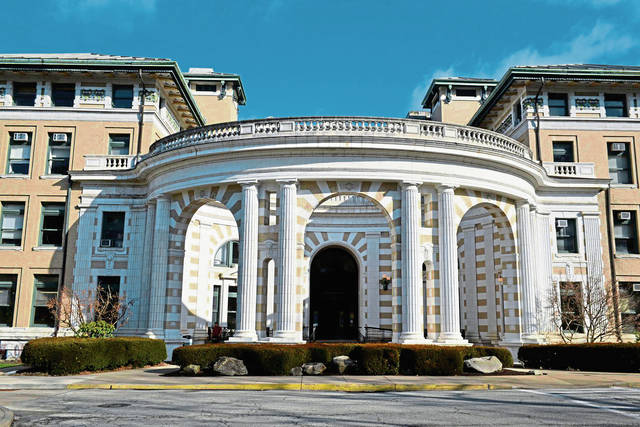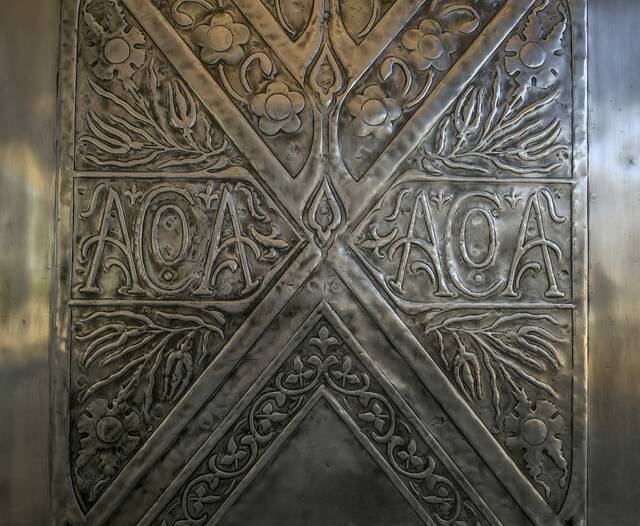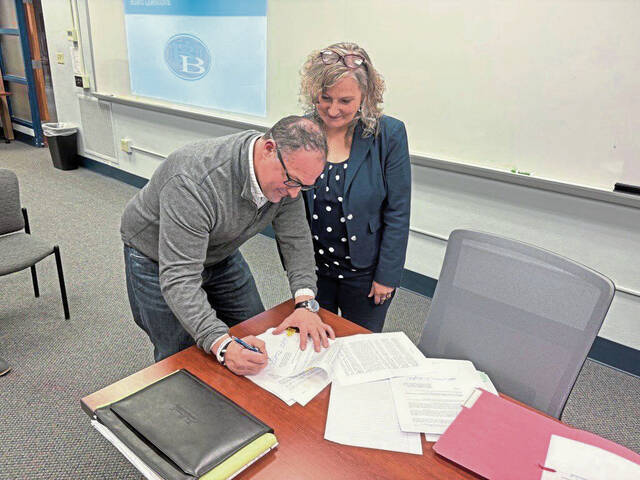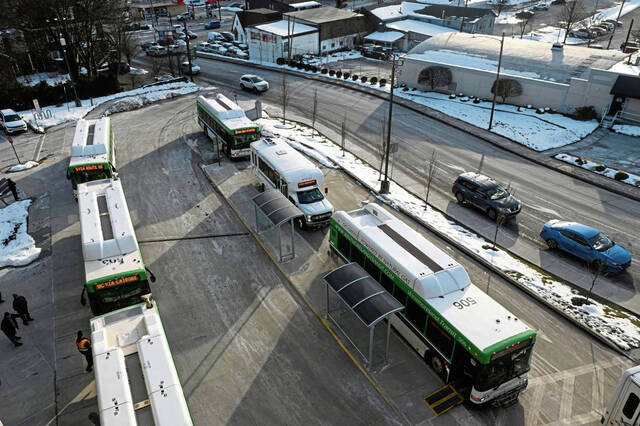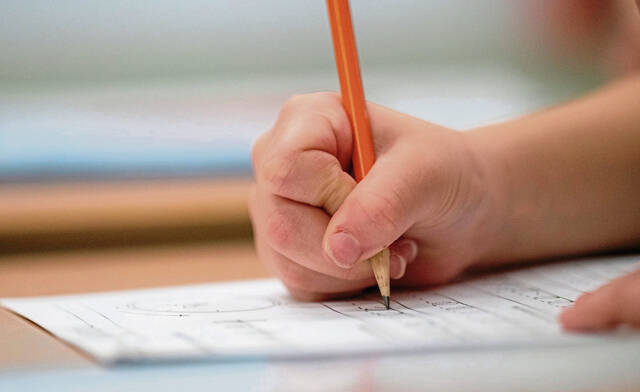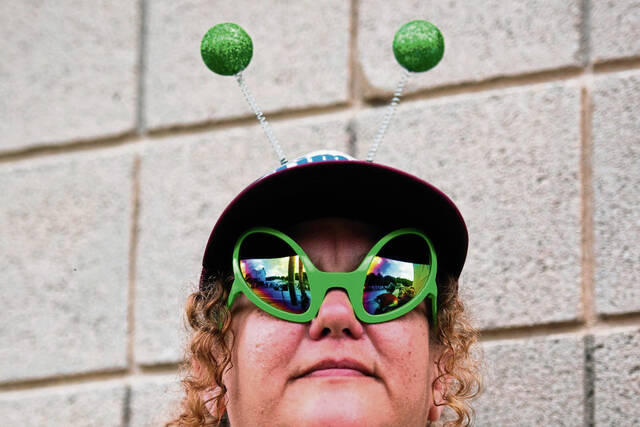In July 2019, Pennsylvania Auditor General Eugene DePasquale suggested the state’s Keystone exams — the tests taken by high school students to prove proficiency in required subjects and qualify for graduation — were too expensive and redundant.
Rather than paying $18 million a year to test high school students with the state-specific instrument that matters to no one but the school districts and the state Department of Education, he argued Pennsylvania would be better off paying for the SAT or ACT.
Those tests would save money. They wouldn’t reinvent the wheel, as they are already supposed to decide if a student absorbed what should have been gleaned from a high school education. And they would also be available for the student to use in applying to colleges.
It was a common-sense argument. But now lots of schools are dropping the SAT and ACT as part of the admission process. Some are just for this year — like Saint Vincent and Pitt’s Bradford, Greensburg, Johnstown and Titusville campuses. Others, like Carnegie Mellon and Penn State, are making the scores optional for 2021, too.
Big state universities in California, Illinois and Washington are doing it. Harvard made its announcement Tuesday.
So does that mean high school students will quit taking it? It will probably make the number of kids prioritizing it fall, but as an option, it will probably still be seen as a little piece of extra credit that could make the difference in getting in or missing the cut at that dream school.
Which is all the more reason for Pennsylvania to take DePasquale’s advice.
If parents with the means are willing to pay for math tutors and test prep and bribing their children’s way into college with a faked sports portfolio, they will definitely still shell out the $50 or so for one Saturday morning taking a standardized test. The parents who can’t afford it won’t, and the SAT will become one more way of measuring haves and have-nots on an application.
The tests might mean more than just admission. They might be a deciding weight tipping the scales in a scholarship decision. They might just be a number that tells a kid doing this is possible if he wants to try.
And all of that for less than the state already shells out on a test that doesn’t matter to anyone else.
If we must test kids — and tests should be part of education, just not the main objective — we have choices in how we can do it. We can make it a measuring stick. We can make a tool for the future. We can have it be a small attempt to give kids a more even playing field.
But anyone who has taken the SAT can tell you that sometimes, the right answer is D. All of the above.


